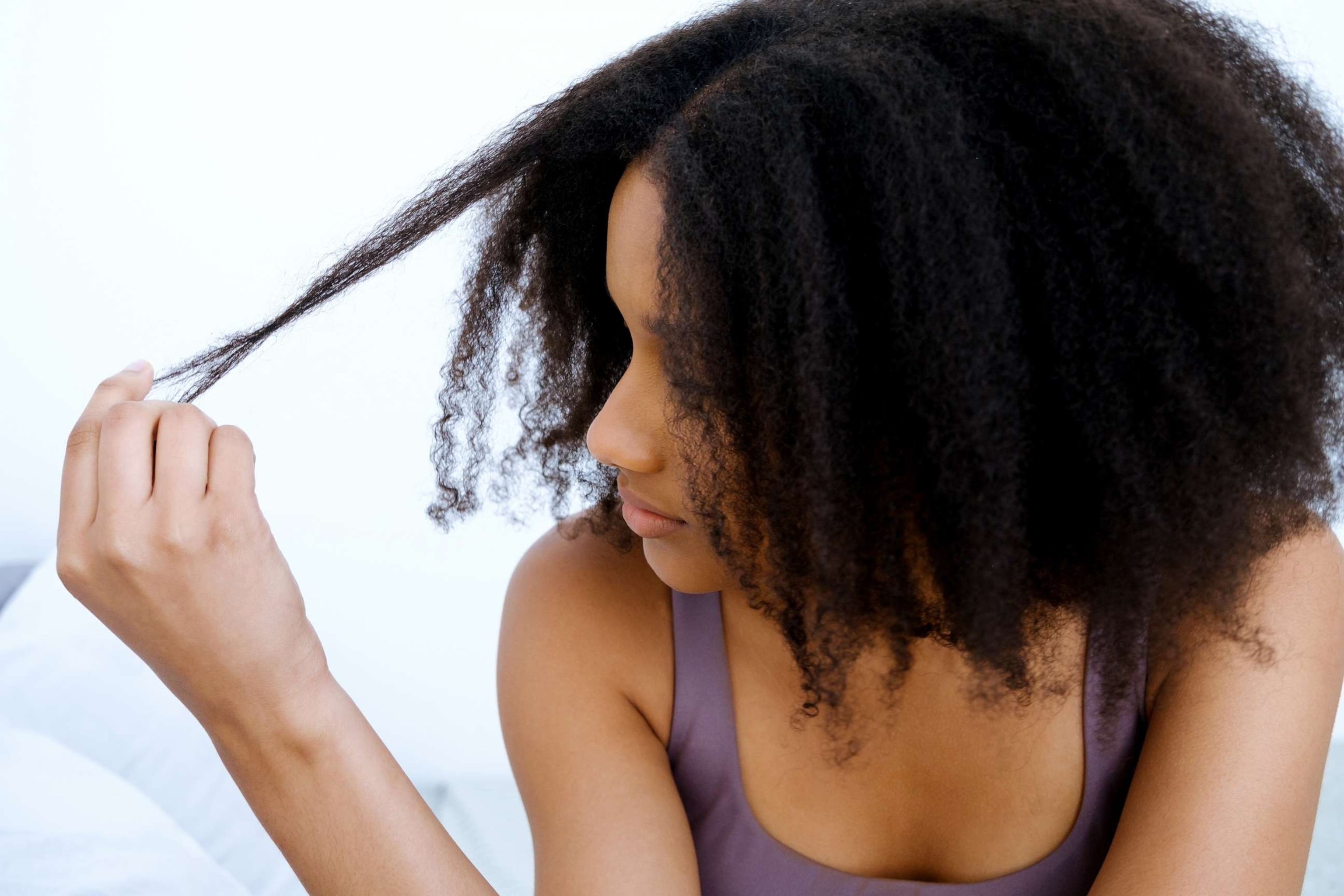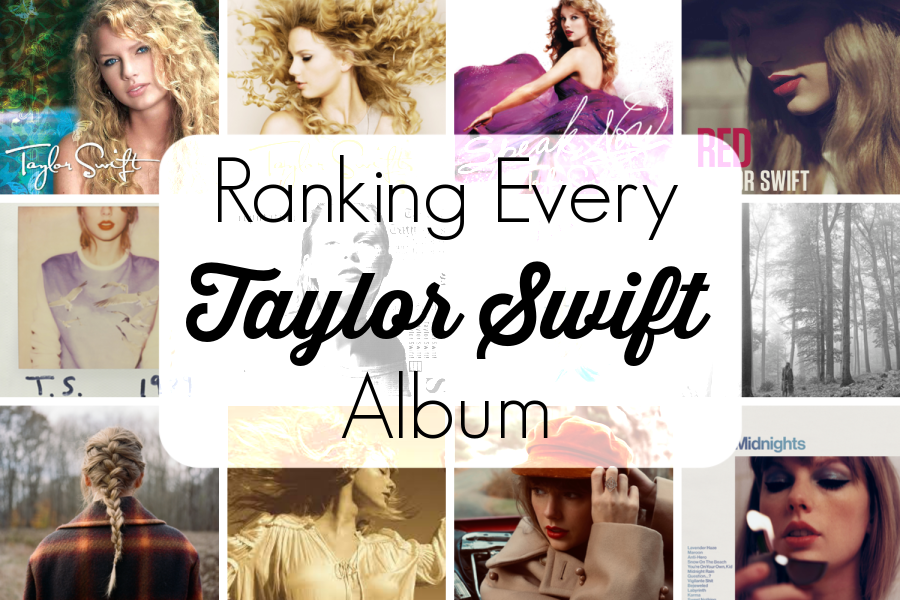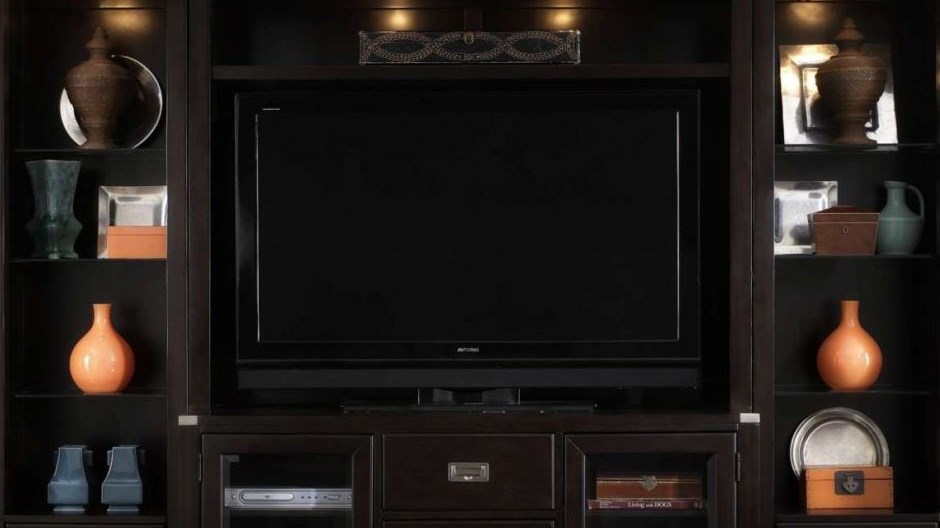Are Synthetic Hair Braids Harming Black Women's Health? A Detailed Look

Table of Contents
The Allure of Synthetic Hair Braids and Cultural Significance
Synthetic hair braids hold deep cultural significance within Black communities, representing a rich history of intricate hairstyling and self-expression. They are a powerful symbol of beauty, identity, and community. The popularity stems from several factors:
- Versatility: Synthetic hair offers a vast array of colors, textures, and lengths, allowing for endless styling possibilities. From classic box braids to modern feed-in braids, the options are virtually limitless.
- Affordability: Compared to human hair extensions, synthetic hair is significantly more budget-friendly, making it accessible to a wider range of individuals.
- Protective Styling: Braids protect natural hair from environmental stressors like sun, wind, and manipulation, promoting length retention and minimizing breakage. This protective aspect is crucial for maintaining healthy, strong Black hair.
- Low Maintenance: Once installed, synthetic braids require minimal daily styling, freeing up time and reducing the risk of heat damage.
Potential Health Risks Associated with Synthetic Hair Braids
While synthetic hair braids offer many advantages, it's crucial to be aware of potential health risks associated with prolonged use and improper care.
Traction Alopecia and Hair Loss
Traction alopecia is a form of hair loss caused by excessive pulling or tension on the hair follicles. Tightly braided synthetic hair, especially when worn for extended periods, can contribute significantly to this condition.
- Symptoms: Receding hairline, thinning hair, scalp irritation, and inflammation are common symptoms.
- Long-term Effects: If left untreated, traction alopecia can lead to permanent hair loss in the affected areas. Early detection and intervention are key to preventing long-term damage.
Scalp Infections and Irritation
Poor hygiene practices and the build-up of sweat, dirt, and oils under synthetic braids can create a breeding ground for infections.
- Types of Infections: Folliculitis (inflammation of hair follicles), fungal infections, and bacterial infections are all possibilities.
- Importance of Hygiene: Regular cleansing of the scalp and hair is crucial to prevent these infections. Using gentle, appropriate products and ensuring proper ventilation are essential.
Chemical Exposure and Hair Damage
Some synthetic hair products contain chemicals that can damage hair and scalp. Additionally, the use of heat styling tools on already stressed hair from tight braiding can exacerbate the problem.
- Harmful Chemicals: Certain chemicals can cause dryness, breakage, and irritation. Look for high-quality synthetic hair that is free from harsh chemicals.
- Heat Damage: Avoid excessive heat styling to minimize damage to already compromised hair from tight braiding.
Minimizing Risks: Safe Practices for Wearing Synthetic Hair Braids
By following safe practices, you can significantly reduce the health risks associated with synthetic hair braids.
Choosing the Right Stylist and Braiding Techniques
Selecting a skilled and experienced braider is paramount.
- Professional Braiders: Experienced stylists know proper braiding techniques to minimize tension on the scalp.
- Loose Braids: Avoid excessively tight braids, as this is a major contributor to traction alopecia.
- Scalp Health Focus: Choose a professional who prioritizes scalp health and will adjust braiding techniques if necessary.
Maintaining Scalp Hygiene and Hair Care
Regular scalp care is essential for preventing infections and maintaining healthy hair.
- Scalp Cleansing: Cleanse your scalp regularly using a gentle, sulfate-free shampoo designed for sensitive scalps.
- Conditioning: Use a moisturizing conditioner to keep your hair and scalp hydrated.
- Gentle Products: Avoid harsh chemicals that can further irritate the scalp.
Recognizing and Addressing Potential Problems
Regular monitoring of your scalp is crucial.
- Scalp Checks: Regularly check your scalp for signs of irritation, inflammation, or infection.
- Seek Professional Help: Consult a doctor or dermatologist if you notice any concerning symptoms.
- Breaks from Tight Styles: Give your scalp and hair regular breaks from tight styles to allow for proper healing and growth.
Conclusion: Making Informed Choices about Synthetic Hair Braids
Synthetic hair braids offer a fantastic way to express personal style and protect natural hair, but it's vital to be aware of potential health risks. By choosing experienced stylists, maintaining excellent scalp hygiene, and using high-quality synthetic hair, you can significantly reduce these risks and enjoy the beauty and versatility of these styles. Remember to prioritize your scalp and hair health; choose high-quality synthetic hair and practice good hygiene for healthy, beautiful braids. If you notice any signs of irritation or hair loss, consult a dermatologist immediately. Making informed choices about your synthetic hair braids will help ensure healthy and beautiful hair for years to come.

Featured Posts
-
 The Ultimate Taylor Swift Album Ranking 11 Albums Compared
May 27, 2025
The Ultimate Taylor Swift Album Ranking 11 Albums Compared
May 27, 2025 -
 Last Friday Sequel Confirmed Ice Cube To Star And Write
May 27, 2025
Last Friday Sequel Confirmed Ice Cube To Star And Write
May 27, 2025 -
 L Usma Entre Dans Une Nouvelle Ere Apres Le Depart D Athmane Sahbane
May 27, 2025
L Usma Entre Dans Une Nouvelle Ere Apres Le Depart D Athmane Sahbane
May 27, 2025 -
 Reb Dlya Ukrainy Germaniya Vozglavlyaet Koalitsiyu Iz 11 Stran
May 27, 2025
Reb Dlya Ukrainy Germaniya Vozglavlyaet Koalitsiyu Iz 11 Stran
May 27, 2025 -
 Paramount Investigative Services Inc Announces Potential Acquisition
May 27, 2025
Paramount Investigative Services Inc Announces Potential Acquisition
May 27, 2025
Latest Posts
-
 Ti Na Deite Stin Tileorasi To Savvato 5 Aprilioy
May 30, 2025
Ti Na Deite Stin Tileorasi To Savvato 5 Aprilioy
May 30, 2025 -
 Odigos Tiletheasis Gia To Savvato 5 4
May 30, 2025
Odigos Tiletheasis Gia To Savvato 5 4
May 30, 2025 -
 Tileoptiko Programma Savvatoy 5 Aprilioy
May 30, 2025
Tileoptiko Programma Savvatoy 5 Aprilioy
May 30, 2025 -
 To Tileoptiko Programma Tis Kyriakis 11 Maioy
May 30, 2025
To Tileoptiko Programma Tis Kyriakis 11 Maioy
May 30, 2025 -
 Programma Tileoptikon Metadoseon Savvatoy 5 4
May 30, 2025
Programma Tileoptikon Metadoseon Savvatoy 5 4
May 30, 2025
